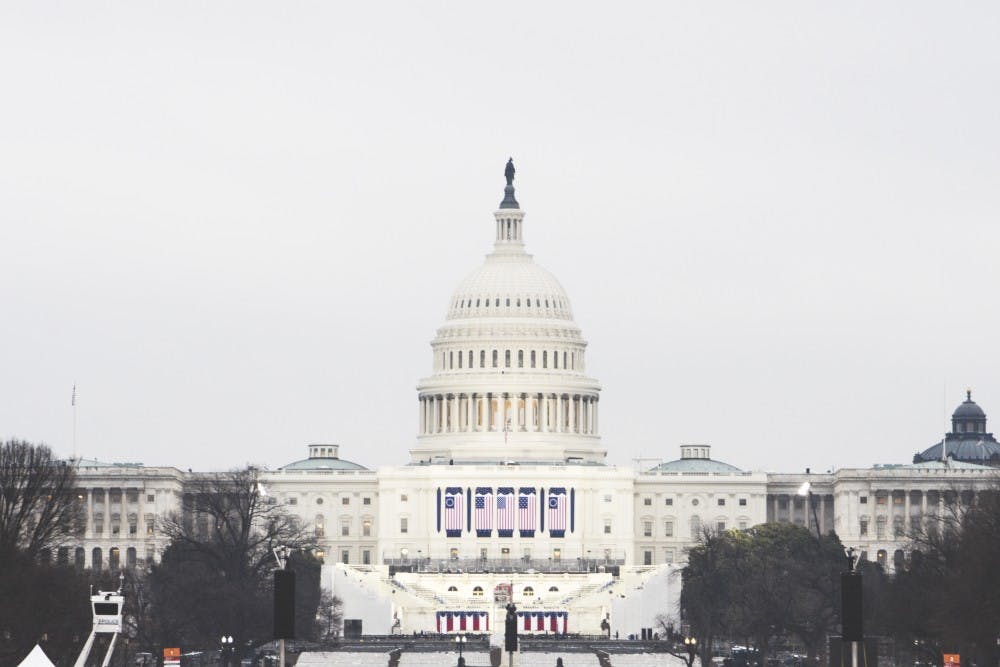The wealthiest colleges in America may soon need to give a quarter of the donations they receive to middle-class financial aid or risk their charitable status.
U.S. Representative Tom Reed (R-Ny.) proposed this measure in a recent bill, which says if schools do not comply, the donations will not be fully deductible.
College senior Sam Murray, the Undergraduate Chair of the Advisory Board for Student Financial Services at Penn, feels that the intentions behind the proposal are positive, but he does have certain reservations.
“I don’t necessarily think it’s the best path to broadening access to universities with large endowments,” Murray said.
Murray believes making Penn a place that is accessible to students of all socio-economic backgrounds is more complicated than increasing funding for financial aid.
“If donations to, say, Penn’s Cultural Center or programs that increase the quality of undergraduate life lose their tax-exempt status, that wouldn’t be beneficial for anyone,” Murray said.
Murray said he feels that Penn works with university donors to ensure that the funds go to projects that meet definite need, but he added that Penn could do more to target funds to initiatives that promote access.
“My main perspective is that curtailing the tax benefits of donations to the university isn’t necessarily in student interest,” he said.
Dean of Admissions Eric Furda agreed that the proposal has its drawbacks.
“Charitable status and being able to have that tax deduction within this country is a big driver of charitable giving,” Furda said. “People are going to give with their hearts, but there’s also kind of a rational aspect to this.”
Furda emphasized that paying $70,000 per year for college is challenging for families across all socioeconomic strata.
“How do you define low income, middle income and upper income?” Furda asked. “Now, what does that look like if you live in certain places? Are you rich if you make $200,000?”
“If you live in Idaho, maybe," Vice Dean of Communications Kathryn Bezella replied.
Furda expressed his belief that “families that are two incomes, raising a family, contributing to 529 plans, doing everything that they can to help pay for their child’s education” are disproportionately hurt by current financial aid formulas.
He added that he does not feel that legislation is an ideal way of bringing about change because drawing income lines is a complicated process. However, he emphasized that the middle class gets “really hit” as a result of current financial aid policies.
“I do think that in this conversation broadly of education access that the middle class — the middle 50 percent of income in the US — that we really need to pay attention to that group.”
Furda added that at Penn, families with annual incomes of over $200,000 are receiving financial aid.
“Why are they getting financial aid?” Furda asked. “Because circumstances are individual, and we charge $70,000.”









